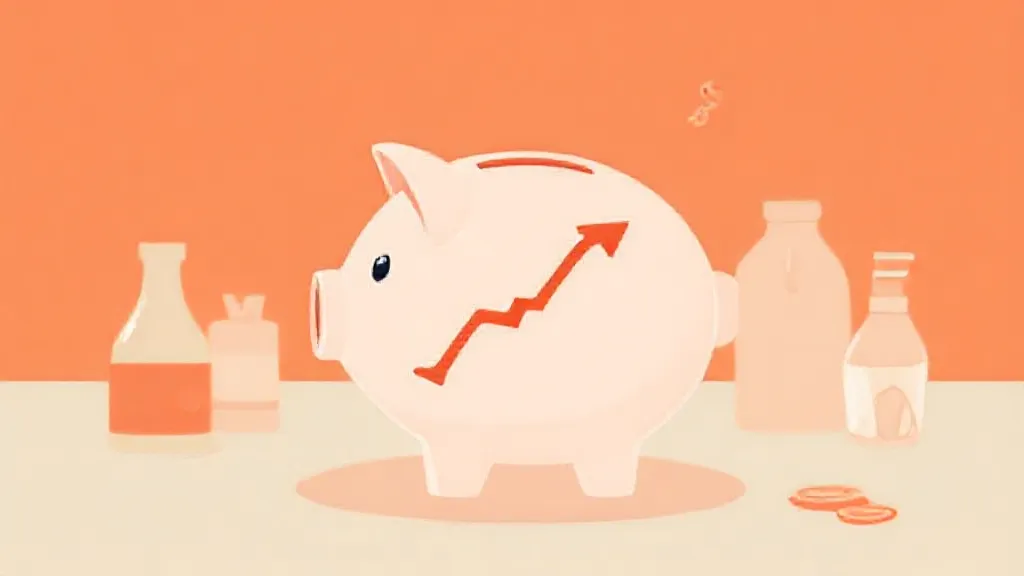Inflation is often described as a silent thief, gradually eroding the purchasing power of money over time. For individuals who diligently save, inflation can be a hidden enemy that undermines their financial security. Understanding how inflation affects savings is crucial for effective financial planning and wealth preservation.
This article delves into the mechanics of inflation, its historical context, and its implications for savings strategies.
The Mechanics of Inflation and Purchasing Power
Inflation refers to the rate at which the general level of prices for goods and services rises, leading to a decrease in the purchasing power of currency. For example, if inflation is at 3% per year, something that costs $100 today will cost $103 a year from now.
This gradual increase in prices means that the money saved today will buy less in the future, making it essential for savers to consider investment options that outpace inflation.
Historical Context: Inflation Trends Over Time
Historically, inflation rates have varied significantly. In the 1970s, many countries, particularly the United States, experienced stagflation, a combination of stagnant economic growth and high inflation.
During this period, the value of savings accounts diminished rapidly, prompting many to seek alternative investments. Understanding past inflationary periods helps contextualize the importance of safeguarding savings against inflation's effects.
The Real Rate of Return: A Key Concept
The real rate of return is the nominal interest rate minus the inflation rate.
For instance, if a savings account offers a 2% interest rate, but inflation is at 3%, the real return is -1%. This negative return indicates that savers are losing money in terms of purchasing power. Recognizing the importance of the real rate of return can help individuals make informed decisions about where to allocate their savings.
Inflation-Protected Securities: A Strategic Option
To combat inflation, investors can consider inflation-protected securities, such as Treasury Inflation-Protected Securities (TIPS). These government bonds adjust their principal value based on inflation, ensuring that investors maintain their purchasing power. Incorporating such securities into a diversified portfolio can be a strategic way to guard against inflation's erosive effects.
The Role of Interest Rates in Inflation Dynamics
Interest rates set by central banks play a critical role in managing inflation. When inflation rises, central banks may increase interest rates to cool down the economy. Higher interest rates can benefit savers by offering better returns on savings accounts and fixed-income investments.
However, if rates do not keep pace with inflation, savers may still find their purchasing power diminished.
Behavioral Economics: The Psychological Impact of Inflation
Inflation not only affects financial decisions but also influences consumer behavior. The perception of rising prices can lead to a sense of urgency among consumers, prompting them to spend rather than save.
This behavioral response can further complicate savings strategies, as individuals may prioritize immediate consumption over long-term financial health.
Long-Term Strategies for Inflation-Proofing Savings
To effectively combat inflation, individuals should adopt long-term investment strategies that include a mix of assets. Equities, real estate, and commodities often provide returns that outpace inflation over time.
Additionally, establishing an emergency fund and regularly contributing to retirement accounts can help individuals maintain their financial stability in the face of inflationary pressures.
Conclusion: Staying Informed and Proactive
In conclusion, understanding the implications of inflation on savings is essential for anyone looking to secure their financial future. By staying informed about inflation trends, considering inflation-protected investments, and adopting a proactive approach to savings, individuals can mitigate the hidden threat that inflation poses to their financial well-being.
